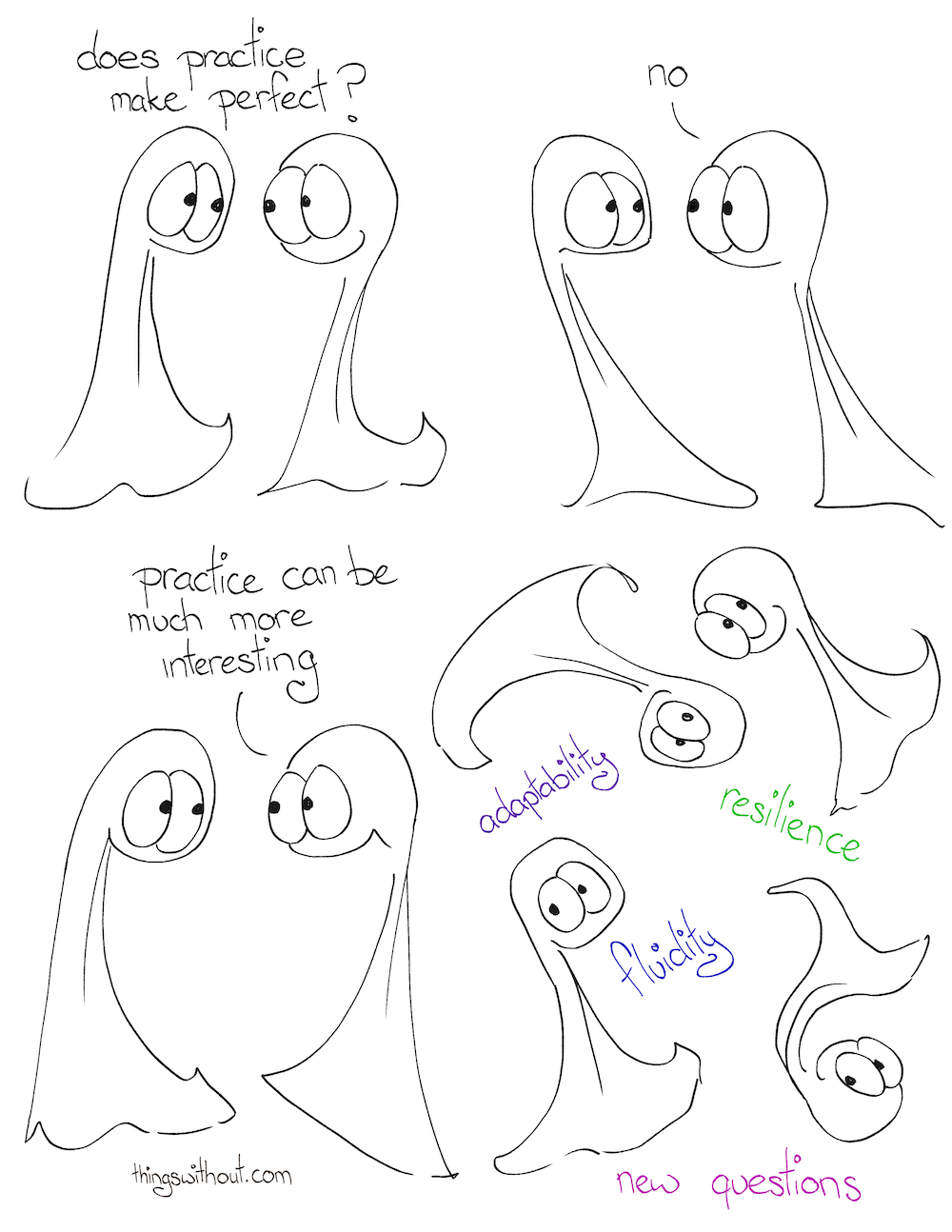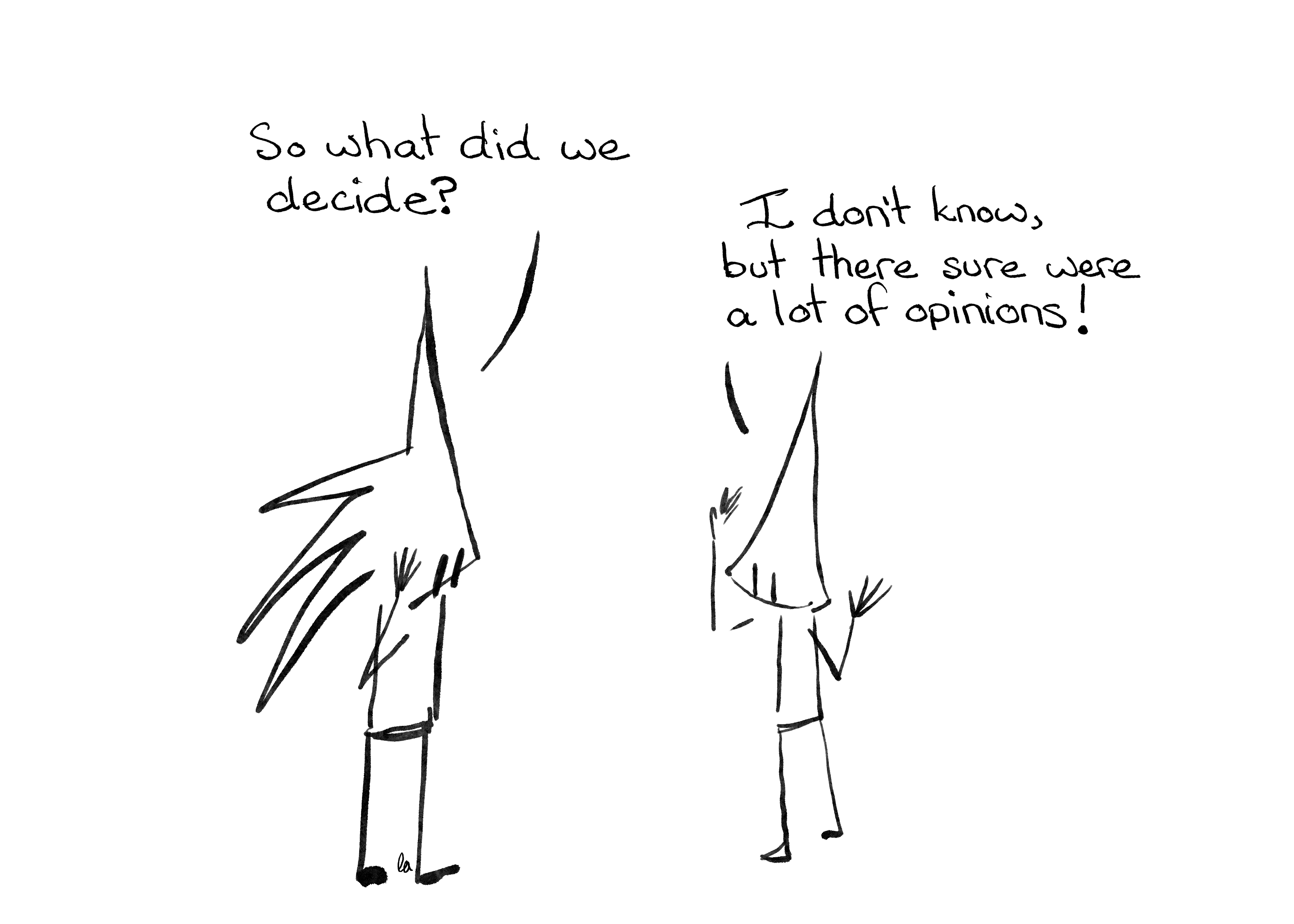AI as code switching and masking
For some generative AI has felt like a liberation. At long last they can communicate in a way that is heard and understood.
But it's useful sometimes to pause and think, liberated from what? When something is used as an assistive device it is handy to think why it is needed? What other factors are in play?
Generative AI is a statistical aggregate machine. Sometimes it can be good at surfacing what should be good practices that too often aren’t followed (like when a manager makes a dodgy decision by themselves, when talking to any HR person might help them follow best practice). While it can be useful, AI is best at continuing the way things have been done and smoothly perpetuating dominant hegemony.
When someone might feel the need to mask or code switch their language using AI, I think it is up to us to self interrogate. Why might this person want to smooth down their individual edges?
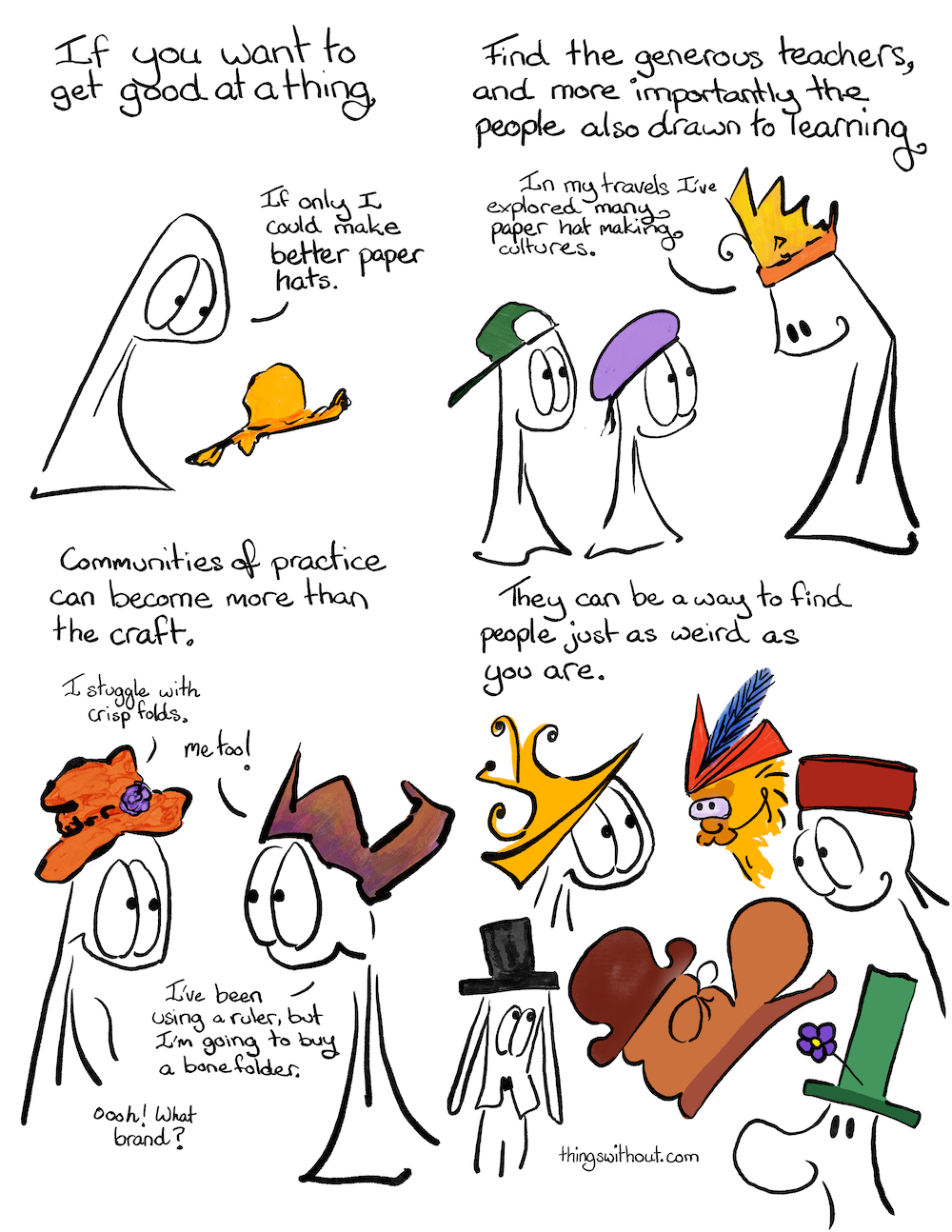
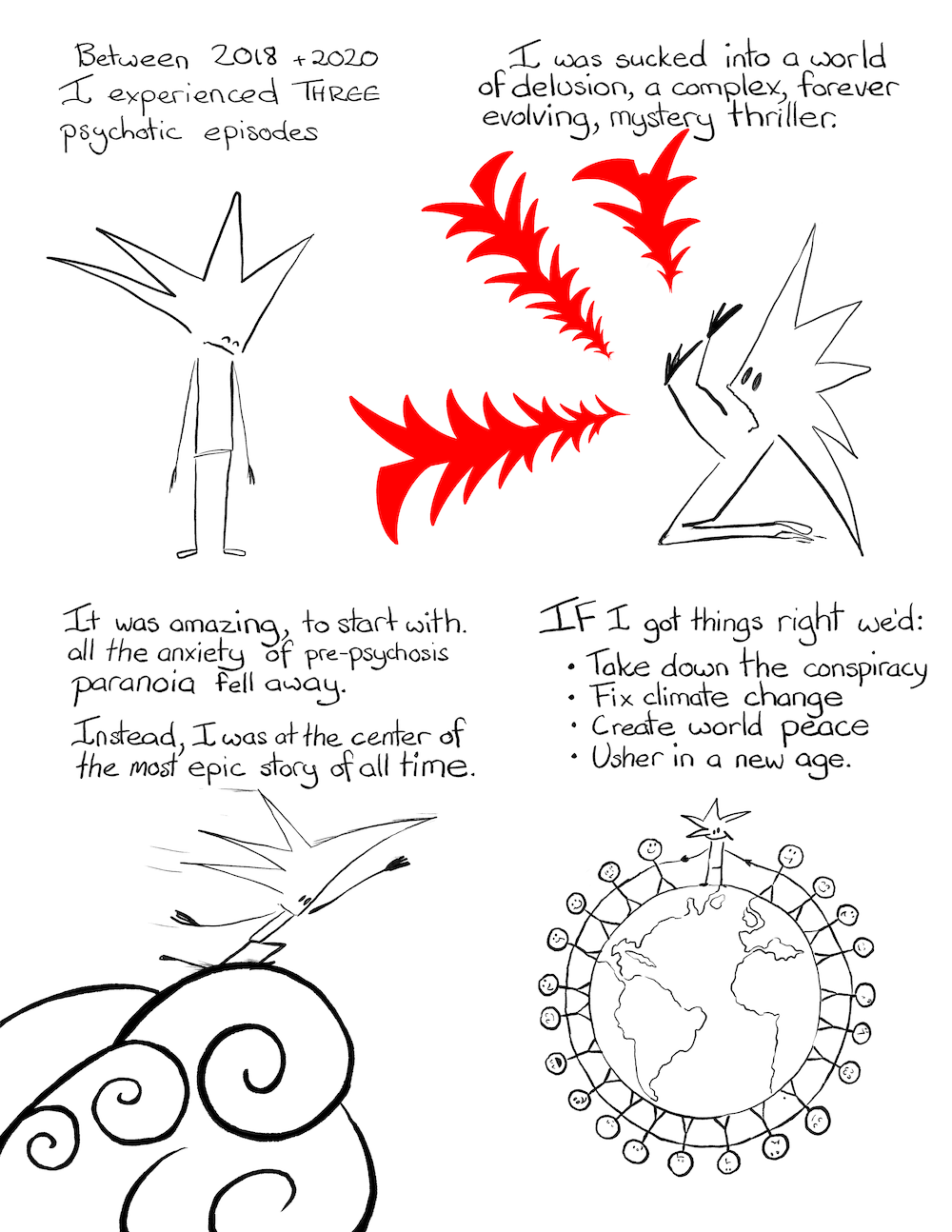
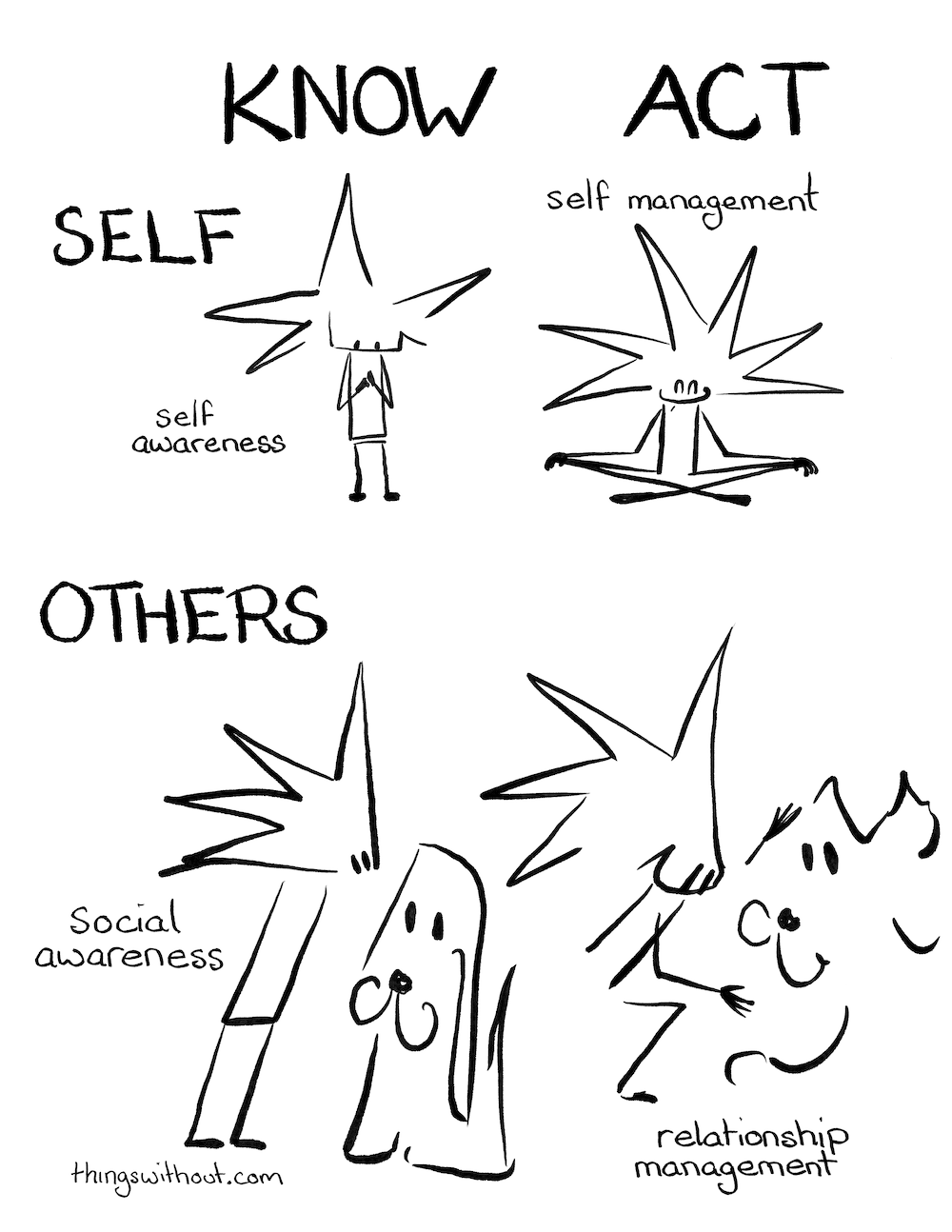
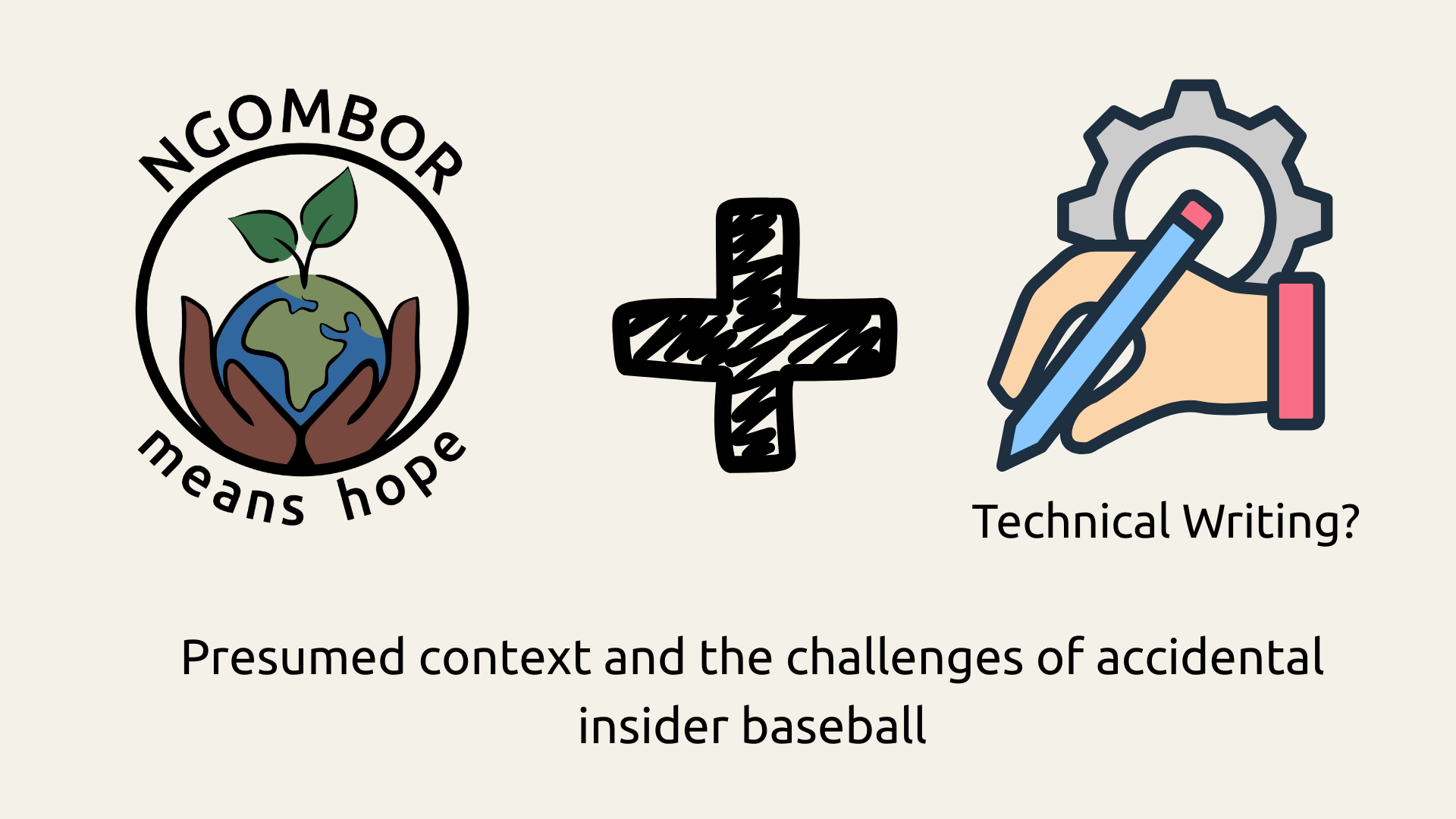 And I must laugh and pause here, and I hope you are laughing too. Most of the world doesn't really play baseball, it's not global terminology! When it comes to jargon,
And I must laugh and pause here, and I hope you are laughing too. Most of the world doesn't really play baseball, it's not global terminology! When it comes to jargon, 